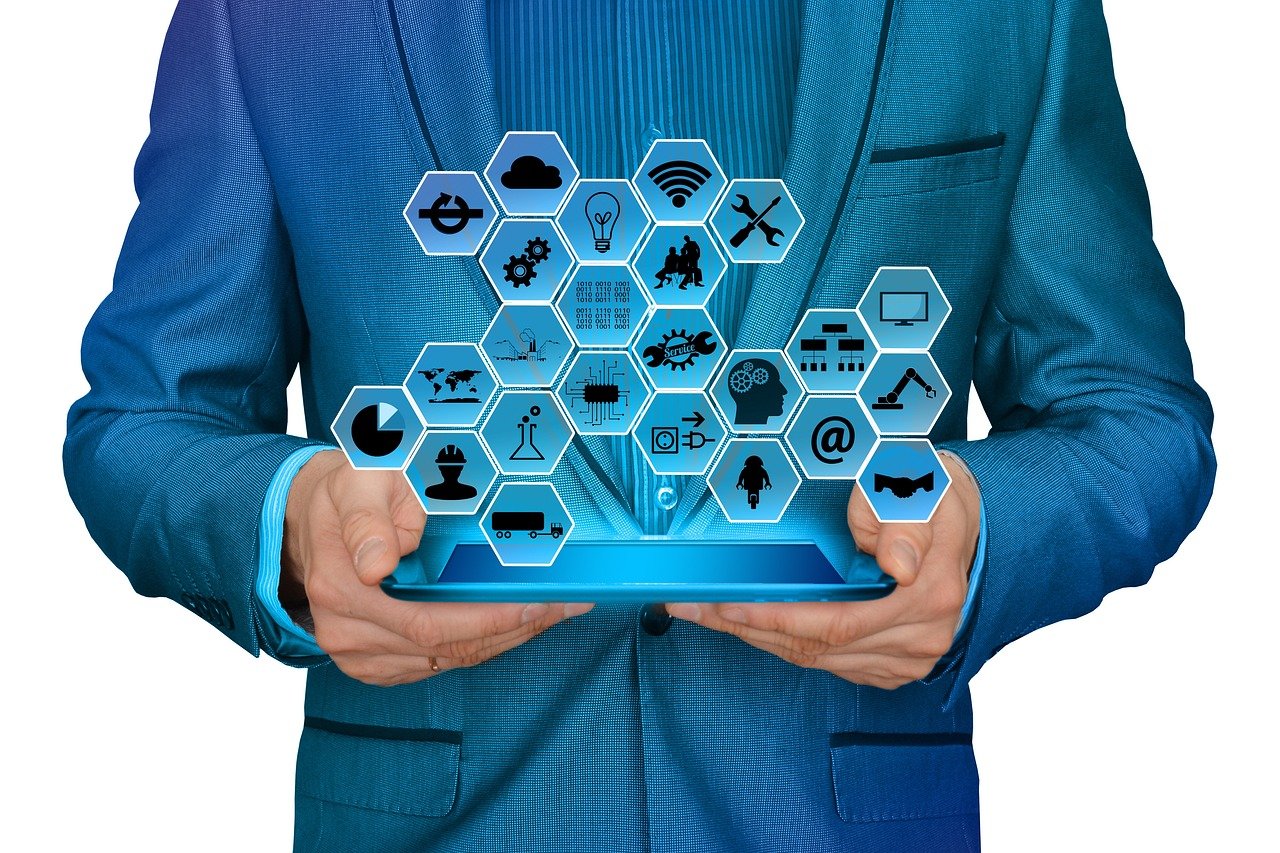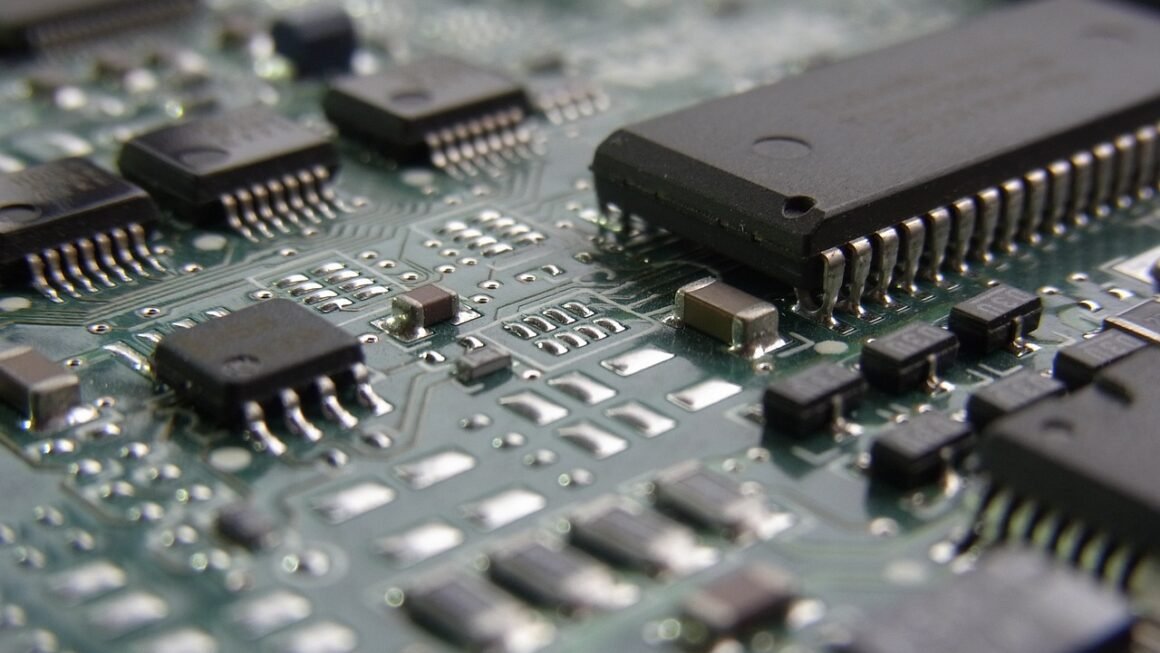Robotics: The Future of Automation and Artificial Intelligence
Robotics, the field of designing, constructing, and operating robots, has revolutionized various industries and holds immense potential for future technological advancements. This technology is rapidly transforming sectors ranging from manufacturing and healthcare to space exploration and disaster relief. In this comprehensive guide, we delve into the world of robotics, exploring its key aspects and the profound impact it will have on our lives.
Types of Robots
Industrial Robots
- Designed for repetitive tasks in manufacturing environments
- High precision, speed, and reliability
- Commonly used in automotive assembly lines and electronics production
Service Robots
- Perform tasks in non-industrial settings
- Include domestic robots for cleaning and assistance, medical robots for surgery and patient care, and surveillance robots for security
Collaborative Robots (Cobots)
- Work alongside human workers
- Safe and easy to use
- Assist with tasks such as assembly, welding, and packaging
Autonomous Robots
- Capable of operating independently without human intervention
- Use sensors, AI, and machine learning for navigation and decision-making
- Examples include self-driving cars and drones
Benefits of Robotics
Increased Productivity
- Robots can work 24/7 without breaks
- Perform tasks faster and more accurately than humans
- Free up human workers for higher-value activities
Reduced Costs
- Automation reduces labor costs
- Lower expenses for maintenance and repairs
- Improved efficiency leads to increased profits
Enhanced Safety
- Robots can perform hazardous tasks
- Reduce the risk of workplace accidents
- Protect human workers from harmful environments
Applications of Robotics
Manufacturing
- Welding, assembly, and painting tasks
- Improved quality control and production rates
- Reduced downtime and increased efficiency
Healthcare
- Surgical assistance and robotic prosthetics
- Medication administration and patient monitoring
- Remote care and home healthcare services
Space Exploration
- Rover missions to explore planets and moons
- Satellite maintenance and repairs
- Construction and mining in extraterrestrial environments
Future of Robotics
Artificial Intelligence (AI) Integration
- Robots will become more intelligent, adaptive, and autonomous
- Use AI for decision-making, problem-solving, and self-learning
Human-Robot Collaboration
- Robots will increasingly work alongside humans in various fields
- Facilitate safer, more efficient, and productive work environments
Ethical Considerations
- As robots become more advanced, ethical concerns arise
- Responsible development and use of robotics is crucial
- Ensuring transparency, accountability, and safety in robotic applications
Conclusion
Robotics is poised to transform the way we live, work, and interact with the world. From automating industrial processes to providing healthcare assistance and enhancing space exploration, robots will continue to revolutionize numerous aspects of our lives. As the field of robotics advances, it is essential to embrace innovation while addressing ethical considerations and ensuring the responsible development and deployment of these transformative technologies. By harnessing the potential of robotics, we can create a future where humans and robots work together to solve complex challenges and shape a better world.



